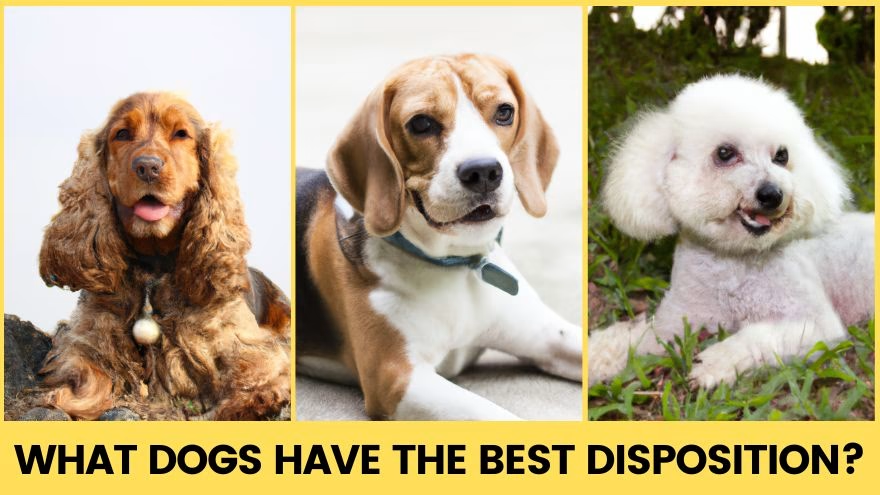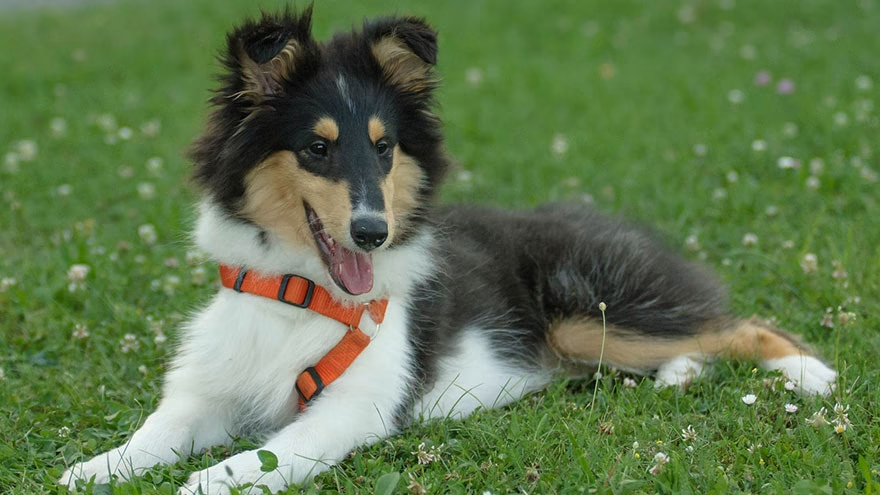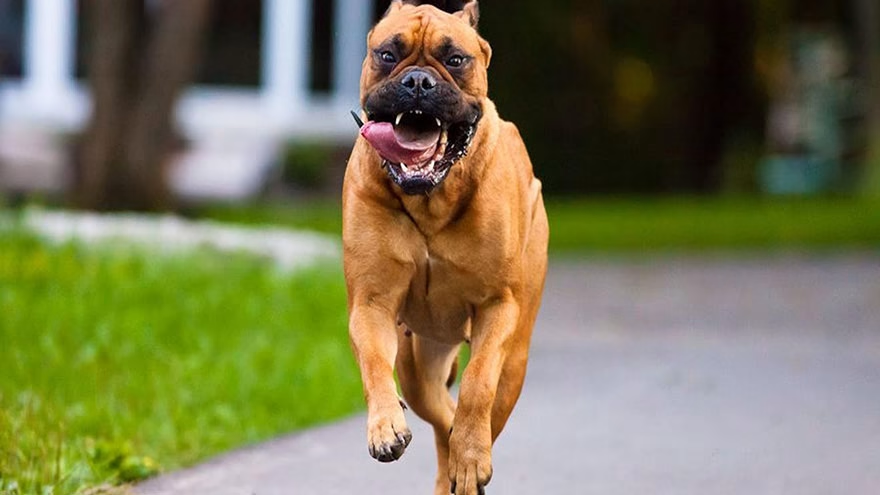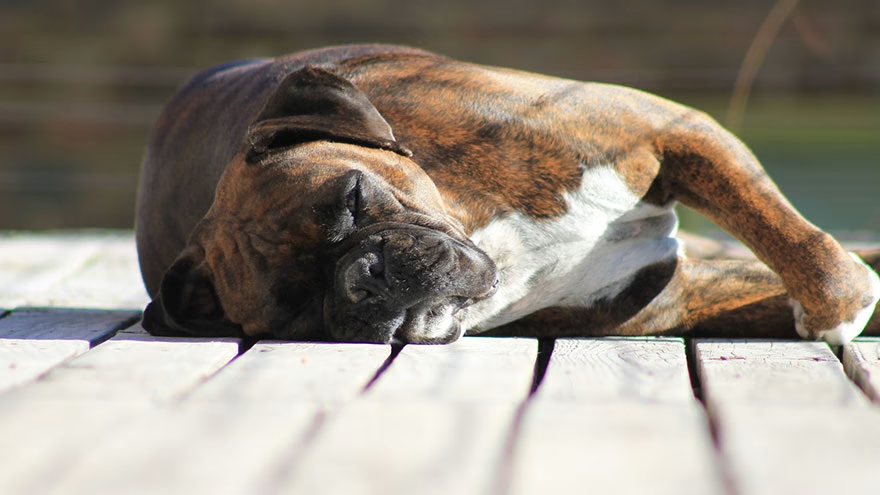Because many people are unaware of information pertaining to the Bichon, we wanted to address some important questions that can help you determine if this is in fact the best breed for you.
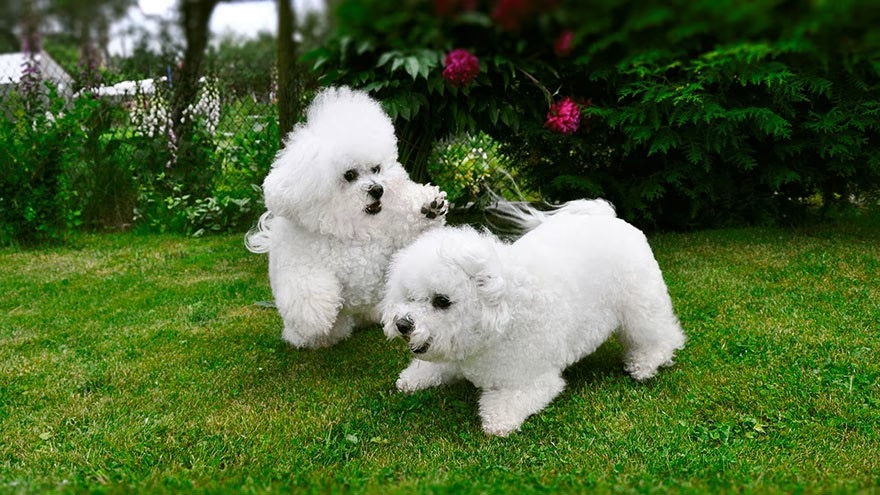
1. Is There Such A Thing As A Toy Bichon?
No – the standard size for a Bichon is 9.5 to 11.5 inches at the withers and between 10 and 13 pounds. Although you might find someone breeding down for size or advertising a “toy” variety, this does not exist. In fact, if you find someone offering toy Bichon puppies, I would stay clear.
2. I Am Considering Buying A Bichon Frise For My Wife But I’ve Heard They’re An Expensive Breed. Do You Know How Much I Should Expect To Pay?
Although the price of a Bichon Frise would depend on several factors such as bloodline, age, breeder, and even geographical location where sold, the average going rate is around $800.
3. The Name Of This Breed İs Quite İnteresting – What İs The Meaning And History?
First, the pronunciation for this particular dog is “bee-shawn frizz-aye”. This breed originated in France and the name is a loose translation of “curly coat”.
4. Out Of All Dog Breeds, Where Does The Bichon Frise Fall?
This breed of dog ranks in the top 50 out of the 180 most popular breeds.
5. Who Makes The Best Bichon Owner?
Typically, you see this dog being a popular choice among the elderly simply because of the love and companionship. However, the Bichon is a great choice for anyone, singles, married couples, or families with kids.The only thing to remember is that the breed needs about 30 minutes of grooming each day since its hair never stops growing. Therefore, the owner would need to expect daily brushing, as well as regular grooming.
6. Is The Bichon Frise A Good Guard Dog?
Actually, no but this dog is a good watchdog. Usually, you would experience barking at strangers or people approaching the home since this dog is very loyal to its master.
7. What Are The Good And Bad Points Of Owning A Bichon?
The good points include a dog that has a wonderful personality, one that is friendly, loyal, funny, and sweet. This small dog also needs little exercise and sheds little to none, although regular grooming is required.The downside to owning a Bichon Frise is housebreaking. Although this breed is highly intelligent, it is notoriously difficult to potty train.
8. Are All Bichon Dogs White?
Yes, although it is considered acceptable for this breed to have off-white, apricot, or cream around the eyes and on portions of the body, although this cannot account for more than 10% according to the American Kennel Club.
9. I Want A Family Dog, İs This Breed A Good Choice?
The Bichon is not only a good choice around children but also an excellent choice. In fact, the Bichon Frise is protective while being extremely gentle with both babies and other pets.
10. When Did The Bichon Frise Become A Breed With The American Kennel Club?
This particular dog was allowed into the “miscellaneous” class on September 1, 1971. However, the following October, the breed was accepted in the Stud Book. Then in April of 1973, the Bichon Frise became officially eligible for show in the “non-sporting” category.Read More About Bichon Frise
- Bichon Frise Breed Information
- Bichon Frise Training Guide
- Owning a Bichon Frise : Breeder Recommendations
- Bichon Frise Health Guide
Save for later
Found this helpful?
Pin this article to your Pinterest board and come back to it whenever you need a reminder.
Save to Pinterest